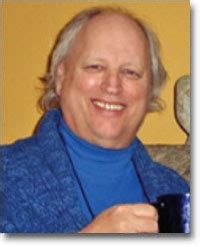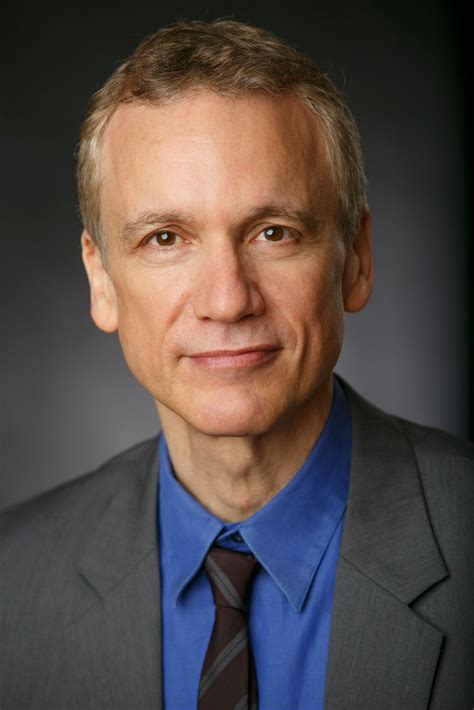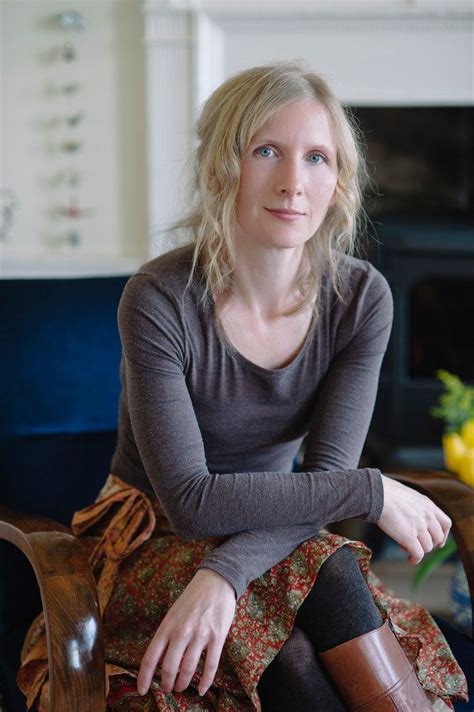A Quote by Alexander McCall Smith
It's a different sort of love taht puts up with illness. Old love.
Related Quotes
We love America just as much as they do. But in a different way. You see, they love America like a 4-year-old loves his mommy. Liberals love America like grown-ups. To a 4-year-old, everything Mommy does is wonderful and anyone who criticizes Mommy is bad. Grown-up love means actually understanding what you love, taking the good with the bad and helping your loved one grow.
Love really is the answer to human problems: love of oneself, love of others, love of where one is, love of what one is doing, love of nature, love of life, love of the world, love of spirit in all its wonder and splendor. Love sets our energy free. It opens us and puts us in a flow with spirit and life on many levels. Love is the true secret behind manifestation.
There's love and there's romantic love. The Greeks had different words for different kinds of love. And we just got "love." I don't know what you would call the other kinds - maybe brotherly love, Christian love, the love of Saint Francis, love of everyone and everything. Then there's romantic love, which, by and large, is a pain in the ass, a kind of trauma.
I love to work. I know that sounds ridiculous to say because all people love to work, but I love the homework that goes into acting. I love figuring out different ways of playing a scene. I love the energy of being on set. I love not getting enough sleep because I have to wake up early in the morning.
What sort of love is this love that we have for countries? What sort of country is it that will ever live up to our dreams? What sort of dreams were these that have been broken? Isn't the greatness of great nations directly proportionate to their ability to be ruthless, genocidal? Doesn't the height of a country's 'success' usually also mark the depths of its moral failure?
Like commercial stuff is sort of cheap and disposable and fun and can be sort of interesting in many ways. I love being in popular culture and existing in the evolution of popular culture. But it's so different from painting, and it's so different from that sort of slow, contemplative, gradual process that painting is.
I think the kind of landscape that you grew up in, it lives with you. I don't think it's true of people who've grown up in cities so much; you may love a building, but I don't think that you can love it in the way that you love a tree or a river or the colour of the earth; it's a different kind of love.





































